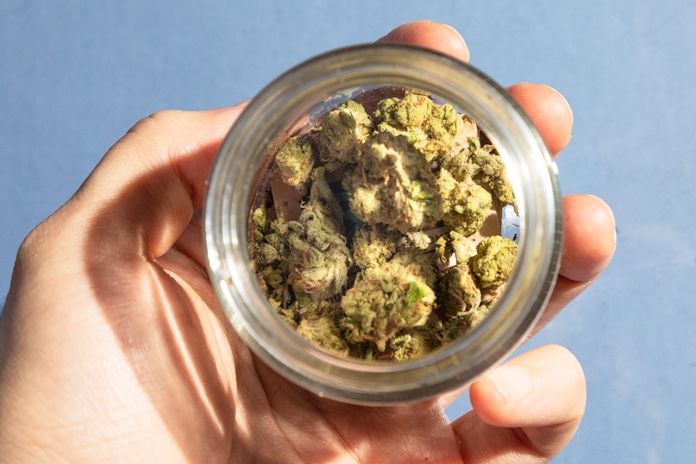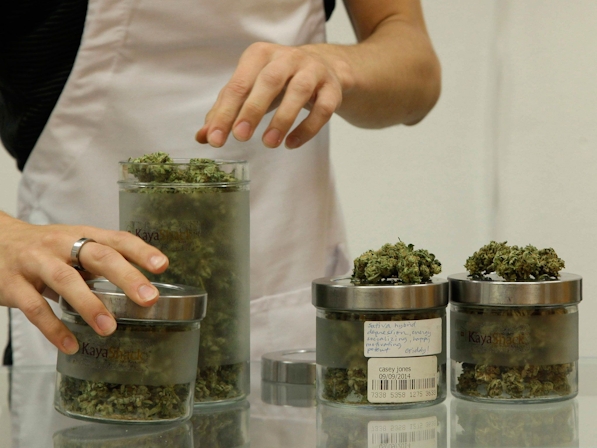
Photo by Crystal Cox / Business Insider
New Jersey Might Extend Deadline For Adult-Use Cannabis Sales
Sorry New Jerseyites, you're still playing the waiting game.
We’re bearing some bad news to New Jersey residents today, who were promised to gain access to public cannabis dispensaries as of late February. When the plant was legalized last year, it was expected that February 22 was the golden date to push the recreational sector, but that’s no longer.
The main worry for opening recreational use later this month is the lack of supply to meet demand. There is enough supply in, say, medical dispensaries who are eagerly awaiting to make the move into a medical and recreational retail storefront, but there’s only a handful of medical outlets in NJ.
According to New Jersey Policy Perspective and New Jersey United for Marijuana Reform, the state’s cannabis revenue could net roughly $1 billion if recreational sales begin this year. There’s still hope that dispensaries will start selling for adult use later in 2022, but there are still a few bumps down that road.

Photo by Claire Gentile / Getty Images
The state is just beginning to see its first competitive wave for licensing to grow and produce cannabis products. Once you cross that bridge of getting licensed, there’s still the core issue of not having enough space to establish and run a business due to extensive regulations regarding where they’re allowed to conduct operations.
Gothamist notes how some cities prohibit cannabis companies from running within a certain distance of schools, parks, child care centers, etc. But there must be enough space outside of these areas, right? Well, startup companies are carefully working out how to share the limited industrial warehouse space while still falling in line with the state regulations and those of the individual city, town, or county.

Photo by Associated Press
The elephant in the room is the various online giants taking up New Jersey’s industrial space, like Amazon and Peloton. But the other area of concern is the various towns and cities that have chosen to keep cannabis dispensaries restricted. Like we mentioned earlier, some municipalities create different laws from the state, and one city is making the application process a little harder than it has to be.
According to World Population Review, the population in Bayonne in 2021 was 65,337, yet, the city only allows for two dispensaries, one cultivation site, and one processing facility, notes Gothamist. Applying for a growing and production license here costs $10,000 alongside a separate $5,000 fee for dispensary applications. These businesses also pay an annual registration fee. For growers, that’s about $40,000 every year.
Herb Recommended Products:
READ MORE




